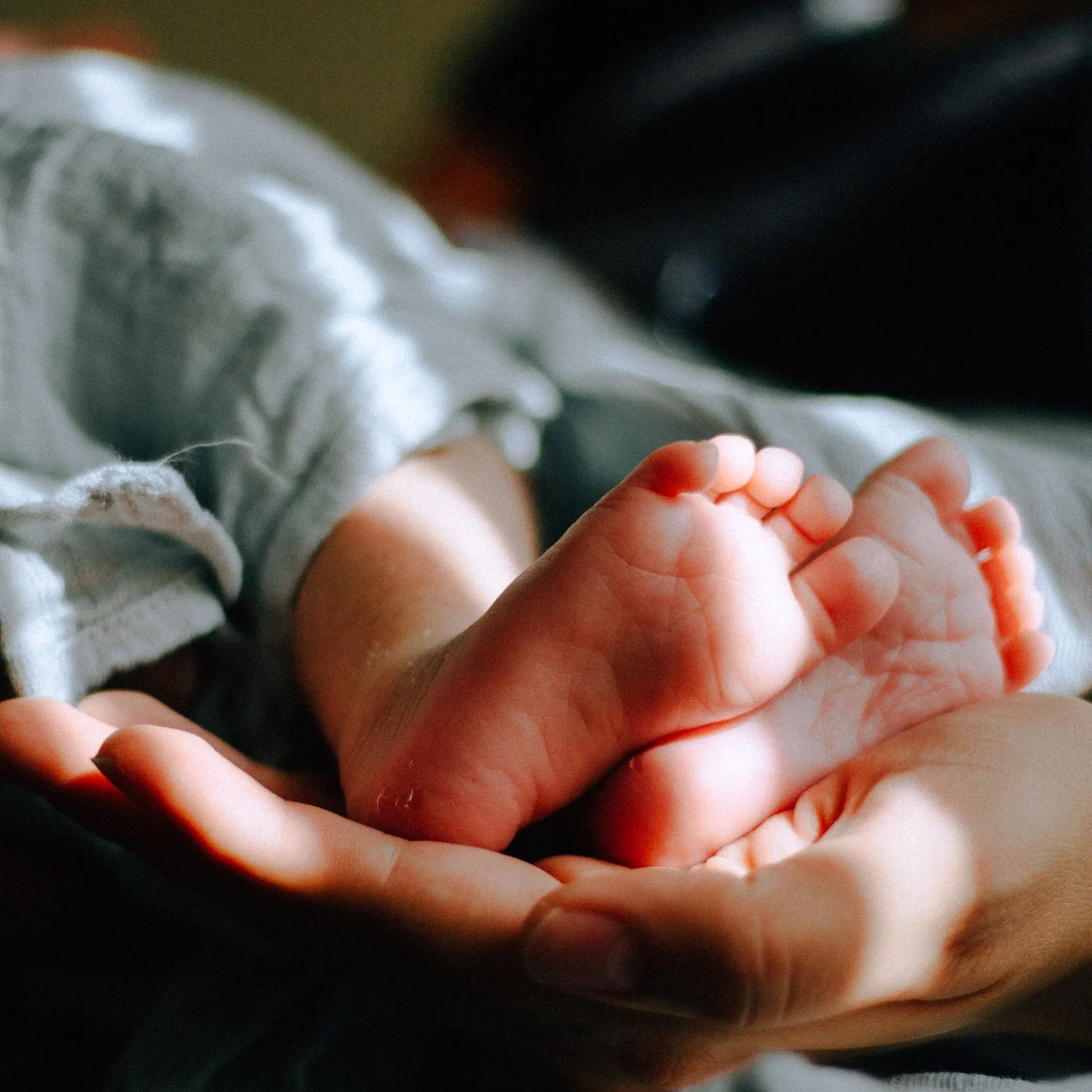Memory Part 1: Pieces of the Puzzle
Where were you on September 11, 2001? If we are old enough, most of us can provide specific memories of that day. People who were alive when JFK or Martin Luther King Jr. were shot can also provide incredible details of where they were and what they were doing nearly six decades ago at those precise moments.
We might also remember details of more positive experiences. For example: What was the best birthday present you ever received? How old were you when you had your first kiss? Where were you when your partner proposed?
When we experience something intensely emotional (either positive or negative), we are more likely to remember it. Yet, how is it that two or more people who share the same experience might remember details completely differently?
Fickle and Fallible Memory
It’s not uncommon for siblings, both raised in the same family, to have significantly different memories of their upbringing.
Years ago I worked with nine-year old twins who were in the backseat of their aunt’s car when a drive-by shooter fired into the automobile. Their mother, in the passenger seat, was killed immediately. Lavina, who was seated behind her, was shot in the shoulder and survived. Her sister, Lenora, and their aunt both escaped bodily injury.
Lavina remembered remarkable details about two of the individuals in the car that pulled up next to them at the stoplight (and was later called to do so in court). Lenora recalled very little about the event, aside from seeing her mom and sister taken away in separate ambulances.
As time went on, the girls’ memories diverged even more. Lavina remembered the matching purple sweatsuits she and her sister were wearing that day and the color of the shooter’s car. Lenora was unable to recall where they were driving or whether it was light or dark outside.
Memory discrepancies can occur in various contexts. Studies indicate that eyewitness reports can vary considerably depending on attentiveness, state of mind, or subtle verbal or visual cues. People can even be led to believe they remember something that never actually happened, as in notorious cases of false confessions (Central Park Jogger case) or false accusations (McMartin Preschool case).
We store memories in our brain (and body) through a series of neurological processes. Everything we experience— learning to talk or walk, our first job, our worst heartbreak—activates specific parts of our brain, which in turn stimulates the release of neurotransmitters. This automatic process helps us to remember and reinforce essential life sustaining functions and allows us to filter out what is less important.
Implicit Memory:
What is it like to be you?
From our earliest moments (some say even before birth), we are unconsciously processing information through our senses. Our implicit memory is unconscious and refers to things we remember emotionally (eg. signals that it is safe to approach a parent) or behaviorally (eg. chewing your food, throwing a ball, etc). First to develop, implicit memories are encoded before we have the language to describe or label what we intuitively understand.
Our understanding of the world and how we experience ourselves in it is shaped by memory-based perceptions, associations, expectations, etc. This aspect of our autobiographical memory—our inner landscape—is vastly implicit and consists of experiences we may not even know how to articulate.
We are innately primed to pick up on even the most subtle cues from our environment to inform how we interact with the world around us. Think about the earliest relationships in your life, and what enabled (or prevented) bonding with your caregiver. We discover how to communicate our needs (crying, reaching, grabbing, etc) based on how others respond to us. We acquire cognitive and motor skills (swallowing, crawling, withdrawing, etc) to help us stay alive. We learn through an adaptive process what promotes our survival, moving toward what feels supportive and life-sustaining and moving away from what feels threatening or rejecting.
Explicit Memory:
What do you know you know?
As we grow, our memory becomes more conscious. Anything you might remember from your seventh grade history class, your grandmother’s chicken soup recipe, or your sibling’s birthday are all a part of your explicit memory system.
The development of language plays an integral role in our explicit memory because through words we can tell (and retell) stories about events as well as how we feel about our experiences. Language helps to reinforce our memories, influences the way we remember our experiences, and contributes to how our story evolves.
Do you remember the time you broke your arm, won the state championship, or failed your first driver’s test (maybe that was just me;-)? Our capacity to remember and retrieve details about specific events is made possible through the coordinated effort of distinct areas of the brain including the amygdala, the hippocampus, and the prefrontal cortex.
Sometimes, we can transform implicit memory into explicit memory by developing the capacity to describe our bodily sensations or our emotional states. This process helps us to better understand and create meaning in our experiences. For example, one might be able to describe the thick, palpable tension between their parents growing up, and how distressing it was to live with chronic silent conflict, resentment, or fear. Then, they might recognize how desperately they tried to break the tension as a child in that environment by trying to make the parents laugh or impress them with academic accolades or athletic achievements.
Trauma and Memory
From flashbacks to forgetting, the way we experience stress impacts how our memories are processed and stored.
The emotional intensity caused by something traumatic may heighten our awareness of the event so we’re more likely to remember it. The brain becomes activated to learn how to prevent future threats. This can result in memories so vivid that people feel they are re-experiencing the event itself (ie. intrusive thoughts or flashbacks).
Conversely, the intensity of a traumatic event can overload our system and impair our ability to remember it. In the brain’s attempt to protect us, it suppresses the hippocampus so that painful memories are not fully integrated into our explicit memory. Instead, the memory resides in our implicit (unconscious) memory. We may know something happened but are unable to identify or articulate it.
Trauma expert, Bessel Van der Kolk explores how trauma affects the way we process our experiences in his best-selling book, The Body Keeps Score. Our nervous system is designed to automatically accommodate the impact of our experiences, even the things we don’t explicitly remember.
On a physiological level, this might result in suppressed immune function, inability to focus, etc.
We also accommodate the impact of our experiences on a psychological level by organizing our stories and our identity around our conscious and unconscious experiences. For example, individuals who were abused as children may develop a narrative that they are “bad,” in an attempt to create a coherent story and make sense of why they were hurt, punished, or abandoned.
The stories we tell ourselves are oftentimes the stories we inherently believe will sustain us and help us survive. This is a subjective process. One might remember the identity of an abuser, and sensing the imminent danger, respond instinctively to avoid/hide/escape or fight their way to safety. Another person in a similar situation might not remember (unconsciously deny) the identity of an abuser in an effort to maintain a narrative of safety and the belief that someone who loves you would not hurt you.
Making Sense of the Missing Pieces
Everything we’ve ever experienced becomes a piece of the puzzle that creates a representation of our life.
If you’ve ever worked on a sizable puzzle for any length of time, you know that sometimes pieces seem to disappear. Likewise, the detail and accuracy of our memories may diminish over time.
Occasionally, we might find a missing piece under the rug after a diligent search or even after we’ve forgotten about the puzzle altogether. Think about a time in which someone reminded you (or you reminded someone) of something from the past you had forgotten.
Sensory triggers may also revive a memory like a song on the radio, a whiff of a specific scent or aroma, or the strong feeling you get at a certain time of year. Anniversaries of significant events in your life (the month someone close to you died, the anticipation of a favorite holiday, etc) can feel especially poignant. Sensory or seasonal memories can be linked to explicit memories, but often they are implicit associations that affect us without our conscious awareness.
Other times, the lost piece of our puzzle is never found, leaving a space of missing information or unanswered questions. We might ignore it and leave the void, even if it results in a fragmented image. Or we might adaptively force another piece in its place or fill in the gap with a substitute for the missing piece.
Similarly, when we are unable to find or identify certain memories, we adapt or compensate for the missing piece(s) by filling in details and constructing our story around it.
Regardless of the exactness, it is important to honor and respect our memories as integral pieces of the puzzle. For some, this means accepting our memories as they are. For others, this might mean challenging the accuracy of certain memories to make sure the picture being assembled is clear and cohesive.
In the next article, we will explore how the dynamic nature of our memories can influence our experiences and shape the stories we tell ourselves in powerful and healing ways.





